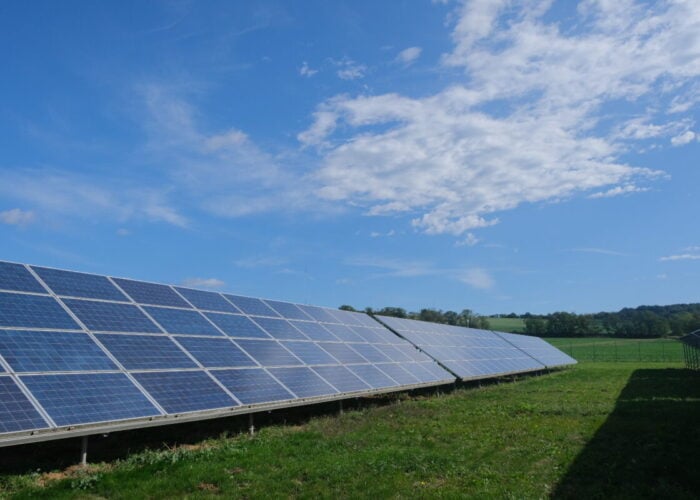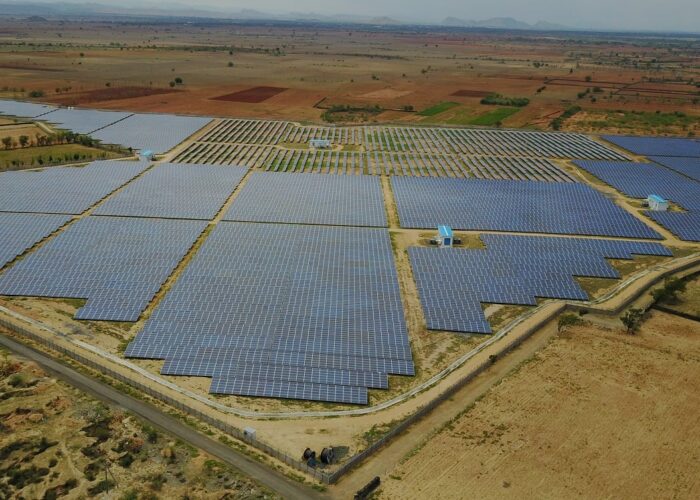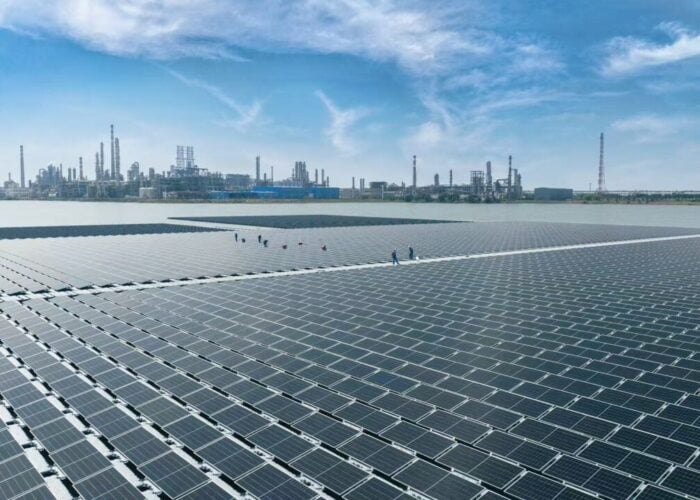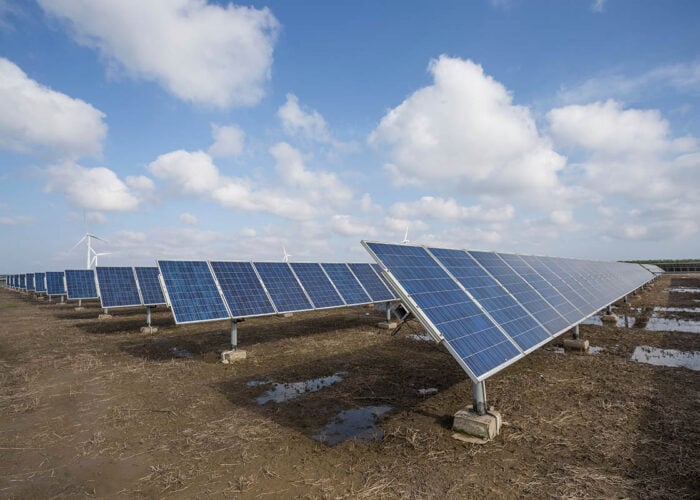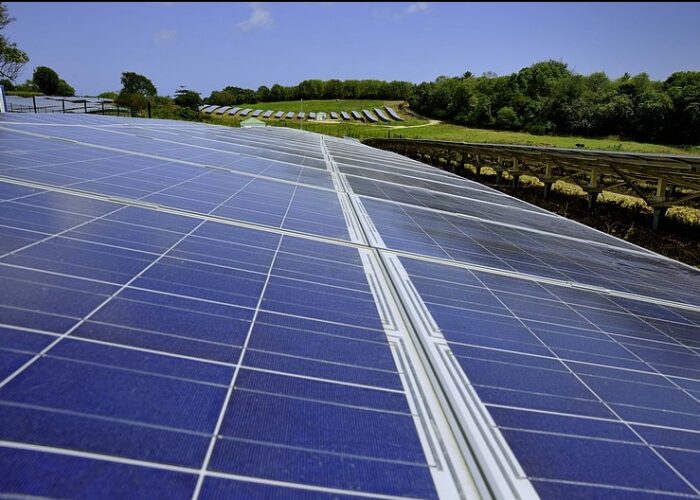A member of Thailand’s National Reform Council is to propose to parliament a new energy law, national energy council and energy policy committee to promote solar energy in Thailand and to avoid social unrest.
Member of the National Reform Council, managing director of Thai Solar Future Council and chairman for Thai PV Industries Association, Dr. Dusit Kruangam, told PV Tech at the Solar Energy Southeast Asia conference in Bangkok today that he is seeking to promote renewable energy with a new draft law.
Unlock unlimited access for 12 whole months of distinctive global analysis
Photovoltaics International is now included.
- Regular insight and analysis of the industry’s biggest developments
- In-depth interviews with the industry’s leading figures
- Unlimited digital access to the PV Tech Power journal catalogue
- Unlimited digital access to the Photovoltaics International journal catalogue
- Access to more than 1,000 technical papers
- Discounts on Solar Media’s portfolio of events, in-person and virtual
The law includes a national energy council with representatives from all energy sectors – similar to the national energy council in India.
Kruangam said: “Thai people have strong opinions, and this will give a better balance of power to make decisions on [energy] policy.”
Explaining further, Kruangam said currently the Thai government has a national policy committee that is chaired by the prime minister and cabinet members. “So it is only cabinet ministers making policy decisions, but energy is a big issue, it has a lot to do with economics and the environment and the lives of Thai people,” Kruangam said.
“When Thai people have very different ideas and opinions [from government], at the moment all they can do is go out and shout in the road, it’s not so good – we need to bring those opinions to a national energy council – to consist of representatives from all the energy sectors, from petrol and coal and other energy sources,” said Kruangam.
Thailand’s current national power development plan includes several technologies, including coal, gas and renewable energy, but Kruangam said: “If you let the Thai people just wait for the government to make a new power plan, there will be social conflict as lots of people do not want a coal plant in their own town. We need to share and honour the opinions of the Thai people, and allow them to make contributions to renewable energy installations.”
“If people complain about coal, they should be able to do something else – to set up small [renewable] power plants in their community,” added Kruangnam.
The new draft energy law would be similar to Germany’s Energy Act 2000, prioritising renewable energy for grid connection and freeing up the market, away from government and centralised ownership, and encouraging people to become “consumers and producers” with net metering.
Kruangam also proposes a 20-year road map for renewable energy development. For solar, Kruangam said he would like to propose to the government that “from today 1GW of solar energy should be supported in Thailand, every year, for the next 20 years”.
This will allow conditions so that “everyone can easily install rooftop solar for residential and commercial [use] and connect to the grid – the inner city should be first to install on its own buildings, with a special tariff for supplying to the grid”, said Kruangam.
When asked how he aims to get more people involved in energy, Krunagam said: “We need a lot of education in Thailand; we need to have a new, big promotion for 1GW [of solar] every year.”
Kruangam left the SESEA 2014 event immediately for parliament, after recounting his proposal for a new energy act to the audience

